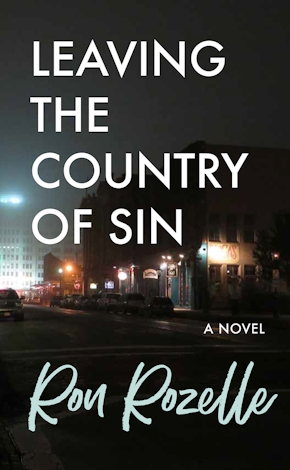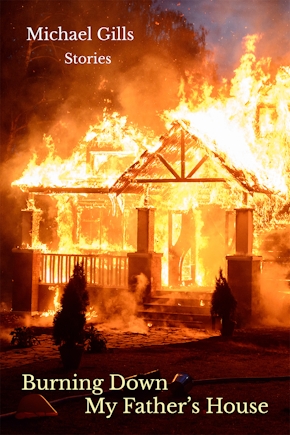The Windows of Heaven
A Novel
978-1-881515-27-2 Paperback
6 x 9 x 0 in
256 pp.
Pub Date: 07/01/2000
Available
It is the story of Sister Zilphia, the nun who helps run the St. Mary's Orphanage. The only thing separating the two long buildings of the orphanage is a fragile line of sand dunes; the only thing separating Zilphia from the world is the brittle faith that she has been sent there to consider. A faith that has never been truly tested. Until now.
And it is the story of Galveston herself, the grand old lady of the Gulf Coast, with her harbor filled with ships from the world over; her Victorian homes and her brothels and her grand pavilions set in their own parks; and her stately mansions along Broadway, the highest ground on the island, at eight feet above sea level. All must face their darkest night now, as nature hurls the worst she can muster at the narrow strip of sand and saltgrass that is doomed to become, for a time, part of the ocean floor.
This is the story of heroes and villains, of courage and sacrifice and, most of all, of people trying desperately to survive. And it is the story of an era now gone, of splendor and injustice, filled with the simple joy of living.
Prologue
It started raining after midnight.
At first a few heavy drops, as large as pebbles, splattered against windows, and spotted the dry pavement of the streets. They plinked into half-full troughs of dirty water outside the saloons on Post Office Street; horses tied there winced against the stings. People inside the saloons-sailors and dock workers and whores-paid no attention to the steadily quickening tattoo being pelted out on the tin sheets or slates of the roofs but kept to the business at hand: the drinking, and gambling, and the sweaty, brief stabbing away at the very oldest of human exertions.
Some of Galveston's people, in other parts of the city, listened to the rain from their beds. A few, who had looked up that day at the Levy Building on Market Street and noticed the pair of warning flags that flew from the fourth-floor offices of the Weather Bureau, knew that this was the first, slow calling card of a tropical storm. Isaac Cline, the chief of the bureau, had hoisted the flags on Friday morning, and they had danced and popped in the brisk north wind all day. The red one, with the black box in its middle, meant that a particularly malevolent storm was a possibility. The white one, above it, meant that if it came, it would come from the northwest.
But not too many people had seen the flags. And now the first big drops of rain plopped into the sand dunes and salt grass of the island and slid through the muted light of the gas street lights in town, and nobody paid much attention to them. Those in bed closed their eyes and let the tapping of the rain sing them to sleep.
It had come a long way, this storm.
Almost two weeks before, somewhere on the immense, swaying surface of the eternal Atlantic, a small portion of the sea had rebelled against the unremitting late summer heat, and heaved itself up in protest. Africa lay a thousand miles to the east, over the vast, bowllike curve of the world, and many more thousands of miles of ocean and sky stretched endlessly to the west. The air above the place had become suddenly full of new, burdensome moisture.
About the Author
Reviews
Published by Texas Review Press










